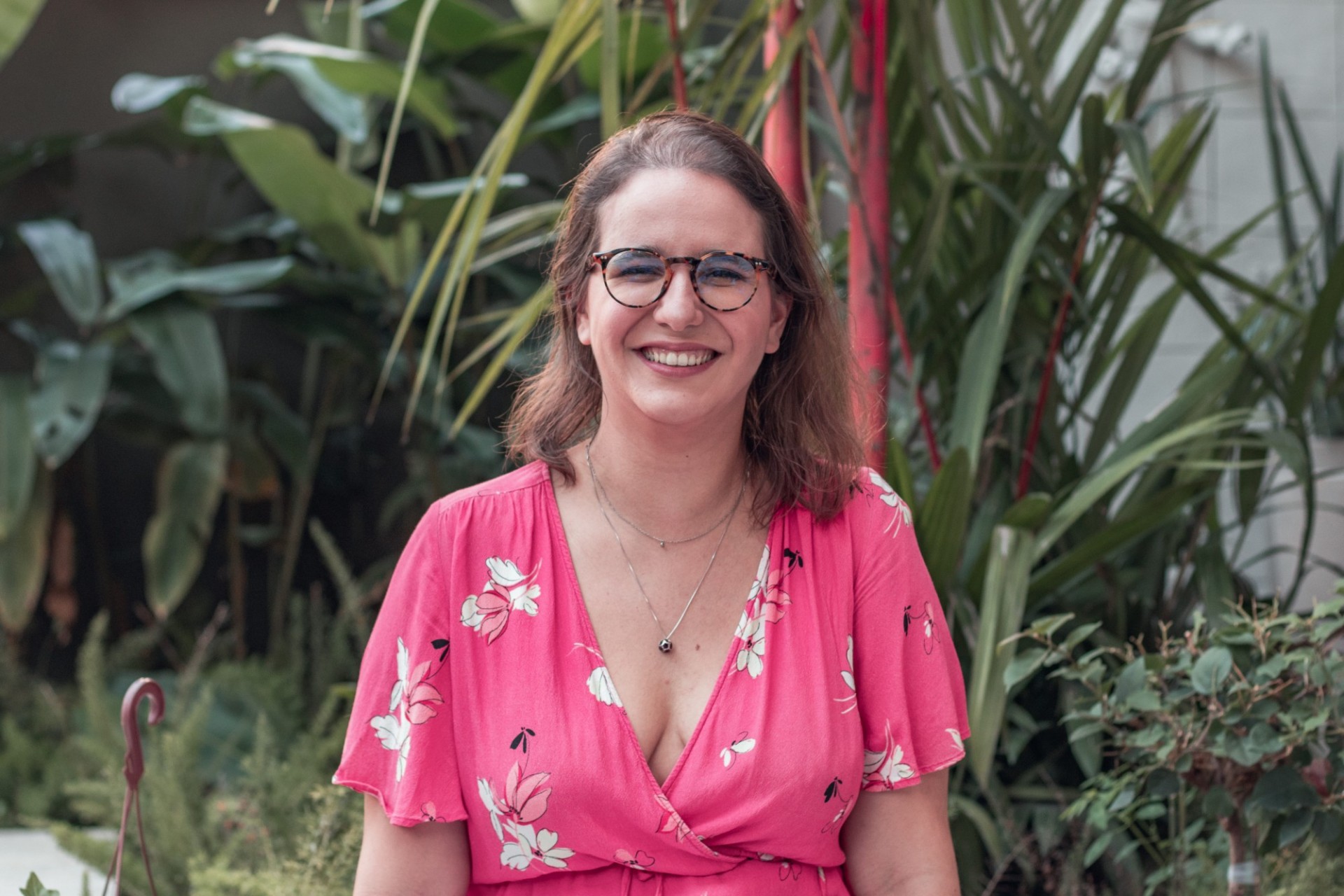Carolina de Figueiredo Garrido
Biography
Carolina Garrido holds a Master’s Degree in Theory of the State and Constitutional Law, a specialization in Brazilian Environmental Law, and a Bachelor of Laws from PUC-Rio. She is the Research Coordinator of the group “Law, Environment, and Justice in the Anthropocene” (JUMA/PUC-Rio) and a collaborating researcher at the Interdisciplinary Climate Change Observatory (OIMC/IESP/UERJ). Carolina serves as the National Rapporteur for Brazil for the Sabin Center’s Peer Review Network of Climate Litigation (Columbia University) and for the Global Perspectives on Corporate Climate Legal Tactics project by the British Institute of International and Comparative Law (BIICL). Her research focuses on climate litigation, climate justice, the Anthropocene, environmental law, and climate change.
Interview
What’s a climate litigation case or trend that has caught your attention recently, and why?
Recently, a public statement by the Rio Grande do Sul Committee to Combat Mega-Mining (CCM/RS) regarding the fact that the Copelmi Mineração Ltda has abandoned its projects for the Guaíba Mine and the Nova Seival Thermal Power Plant, which were in the licensing phase has caught my attention. The Guaíba Mine would have been the biggest open pit coal mine in Brazil, and the projects were taken to Brazilian courts being the central focus of four climate litigation cases.
The public statement highlights that the withdrawal of the projects is the result of a broad process of mobilisation and popular coordination, which also included legal action. It affirms that strategic climate litigation is an important tool in civil society's struggle to prevent human rights violations and an important mechanism for social control and oversight for the protection of the environment. It is also important to point out that the projects were previously blocked by two Brazilian court rulings handed down in strategic climate litigation cases. The development of these cases demonstrates the positive impact of climate litigation focused on environmental licensing regarding the installation of fossil fuel projects in the country.
2. What’s one project or aspect of your work in climate litigation that you're particularly excited about in the next six months?
Being a National Rapporteur for Brazil of the BIICL’s Global Perspectives on Corporate Climate Legal Tactics, one aspect of my work I’m particularly excited about is the development of corporate climate litigation in the country. I’m especially interested in cases targeting major greenhouse gas emitters, where I hope that legal strategies increasingly incorporate human rights arguments. This intersection between corporate accountability, climate obligations, and human rights is a dynamic and evolving area, and I’m eager to contribute to its advancement in the Brazilian context.
3. Is there any specific place in the world that inspires you to continue your line of work in advancing climate justice/action?
I’m originally from Rio de Janeiro, a city nestled within the Atlantic Forest, one of the most biodiverse tropical rainforests in the world. The beauty and resilience of this ecosystem have always been a source of deep inspiration for me. Knowing that only a small fraction of the Atlantic Forest remains today drives my commitment to fighting the climate crisis and protecting nature. It’s a constant reminder of how urgent it is to defend what is left — not only for the environment itself but also for the communities whose lives are intrinsically connected to it.
